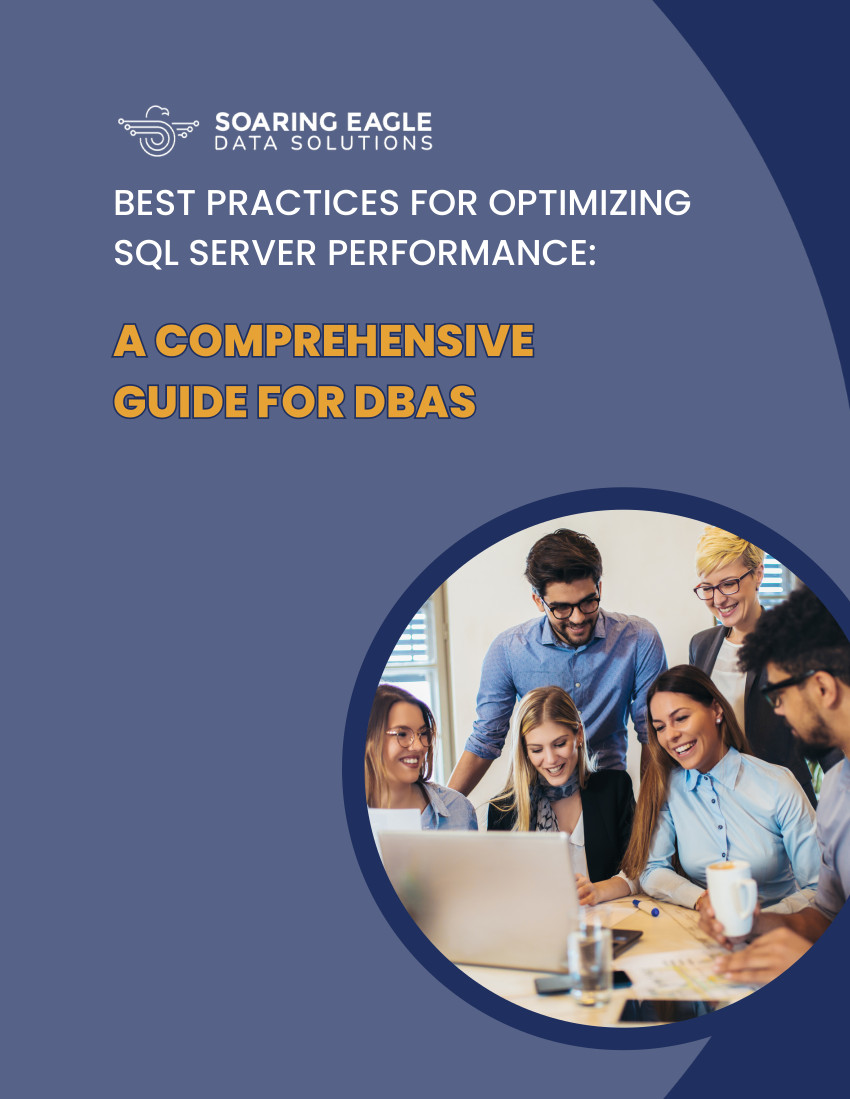
Once upon a time, you started your own business. It might have been a couple of years ago (decades, even), or it might have been yesterday. Regardless of which category you’re in, one thing is for certain: Entrepreneurs want their business to grow. Getting more clients, hiring more staff, maybe opening a second or third location, or offering services abroad… All of this means that your database is also growing. Do you know how to appropriately take care it?
Why scalability matters
If your data is growing or your website traffic is increasing and you’re not adapting appropriately, you won’t be as efficient at what you do. Your staff won't be as productive. Clients/customers will notice. It will make you less competitive among a sea of people who are scaling as their business calls for it. At the end of the day, it’s your business’ reputation on the line. After all the work you’ve put into it, you owe it to yourself and to your staff to stay on top of things.
When to scale your database
One of the telltale signs of needing to scale is extremely slow time to get results for SQL queries. Now, before you turn to your business partner and yell: “I told you so!” make sure that your queries don’t need to be fine-tuned first. Work on that while I wait here… Oh, hi. You’re back. Ok. So if you’ve optimized them, then let’s move to other questions: Is all of your data stored on a single server? Has your database grown significantly since you first set up shop?
Different types of scalability
Depending on your business needs, your best bet could be either vertical or horizontal scalability. Through this blog, we are giving you a breakdown of what each of them means and their pros and cons. It’ll be up to you to decide which route to take.
Vertical Scaling: This is a relatively simple solution that won’t require additional administration or coding. You just simply buy a larger server (or add memory to your cloud). Keep in mind though, that if you choose to go this route, it might only be a temporary solution, since you’d be limited to the size of your new storage box and might have to keep upgrading regularly in the future.
Horizontal Scaling: If your business is facing an avalanche of traffic, it will serve you better to scale horizontally. This means interconnecting additional hardware to your network, which would ease the burden on your existing database, in effect causing it to run more efficiently.
The main advantage of horizontal scaling is that you’re not limited by the size of a single server, and you can just keep adding nodes as needed. This is also knowns as sharding or partitioning. On the plus side, your data will be stored in smaller units, which would make for easier retrieval. You would also continue having uptime if one of them fails, as long as the rest of them keep running.
On the negatives, this is a much more complex process that requires a substantial investment and management. You have to make sure that similar data is all stored together, and to keep even loads in each partition.
To find out which option would best fit your needs, Soaring Eagle Database Consulting can help. We can do a comprehensive database health check and help you figure out how to properly plan for the future of your business. Contact us and see how we can scale your database and positively influence your bottom line.


